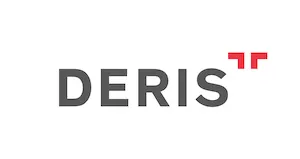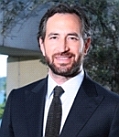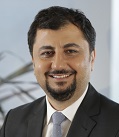ACTION MAN CASE SUMMARY
| Jurisdiction: | Turkey |
| Subject Heading: | I.F. Famous and Well-known Marks, Unfair Competition |
| Case Name and Citation: | TAYAŞ GIDA SANAYİ TİCARET A.Ş. vs. TURKİSH PATENT INSTİTUTE and HASBRO INTERNATIONAL INC and UNILEVER N.V. Case No. 2008/350; Decision No. 2010/142 191 (2nd Istanbul Court of Intellectual and Industrial Rights, June 06, 2010) |
| Plaintiff: | TAYAŞ GIDA SANAYİ TİCARET A.Ş |
| Defendant: | TURKİSH PATENT INSTİTUTE |
| Marks Associated with Goods/Services: | Plaintiff's trademark application ACTION MAX no. 2006/61911 covering class headings 29 and class 30 and defendants ‘several trademark registrations ACTION MAN and MAX covering goods in class 29 and in class 30. |
| Nature of Case: | Court action instituted for the withdrawal of TURKISH PATENT INSTITUTE final administrative decision based on opposition filed by the defendants on the grounds of risk of confusion with their famous trademarks, unfair competition and bad faith. |
| Overview of Decision and Ruling: | *The plaintiff claimed that; there is no risk of confusion due to the similarity between the trademarks ACTION MAX and ACTION MAN on the one hand and ACTION MAX and MAX on the other hand and that the registration of their trademark application ACTION MAX will not lead to taking unfair advantage of the reputation and distinctiveness of defendants’ respective trademark registrations and that for this reason the last administrative decision of the T.P.I. was baseless and requested the registration of its trademark ACTION MAX. *The defendant TURKISH PATENT INSTIUTE asserted that; plaintiff’s trademark application ACTION MAX and the defendants’ respective famous trademarks are confusingly similar and requested from the Court to reject the action. *The defendant HASBRO INTERNATIONAL INC asserted that; its registration trademark ACTION MAN is a world-wide well-known trademark, that acceptance to the registration of the trademark application ACTION MAX would cause likelihood of confusion and would take unfair advantage from its trademark registration and requested from the Court to reject the action. *In the light of the evidences submitted by the parties and of the experts report which are mostly in defendants’ favor, The Court has retrained that:
The Court has ruled to the rejection of the court action and rejection of the trademark ACTION MAX for registration. |
| Importance of Case: | Two trademark applications consisting of two elements each of which is confusingly similar to worldwide well-known trademarks belonging to the different companies has been considered as constituting an act of unfair competition. |
| Images/Description: | |
| Contributing Firm: | Deris Attorneys At Law Partnership |





